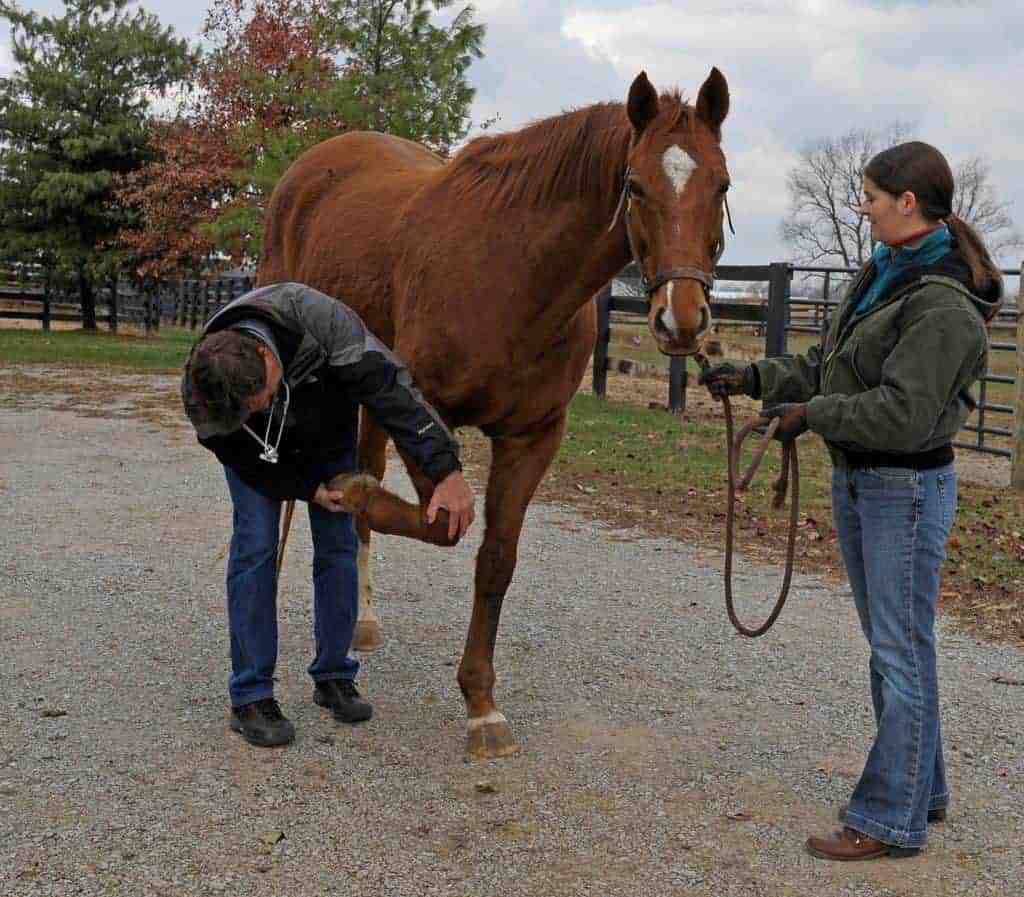
Ensure Horses are Vaccinated Against EEE, WNV, and Rabies
Timely vaccination has been shown to decrease disease incidence drastically.

Timely vaccination has been shown to decrease disease incidence drastically.

Vaccination can help reduce horses’ risk of developing rabies if bitten by an infected animal.

Researchers tested whether a novel S. equi vaccine could better prime a vaccinated horse’s immune response.

Use this handy core and risk-based vaccine checklist and work with your veterinarian to determine which vaccinations are right for your horse.

Owners are encouraged to vaccinate their horses prior to the onset of peak mosquito season.
The voluntary stop sale is due to reports of unexpected post-vaccination gastrointestinal issues in some horses.

Horses require two doses of the West Nile vaccine initially, and then boosters at least annually.

Design vaccination protocols to maximize each horse’s innate and adaptive responses to disease challenges.

Horses require two doses of the vaccinations initially and then boosters at least annually.

A conditionally licensed vaccine must have demonstrated field safety and a reasonable expectation of efficacy.

Prepare a disaster plan for keeping your horse safe during wildfires, hurricanes, and other emergencies.

While you can’t cut costs in all areas, here are several ways to reduce your horse-related expenses.

Consider these factors when transporting horses afar, be it to a show or a new home.

A wellness plan is a proactive approach in caring for your horse.
Equine veterinarians are responding to recent social media commentary criticizing the hendra vaccine’s safety.

The USDA approved the label claim based on safety studies including a total of 446 pregnant mares.
Stay on top of the most recent Horse Health news with
"*" indicates required fields